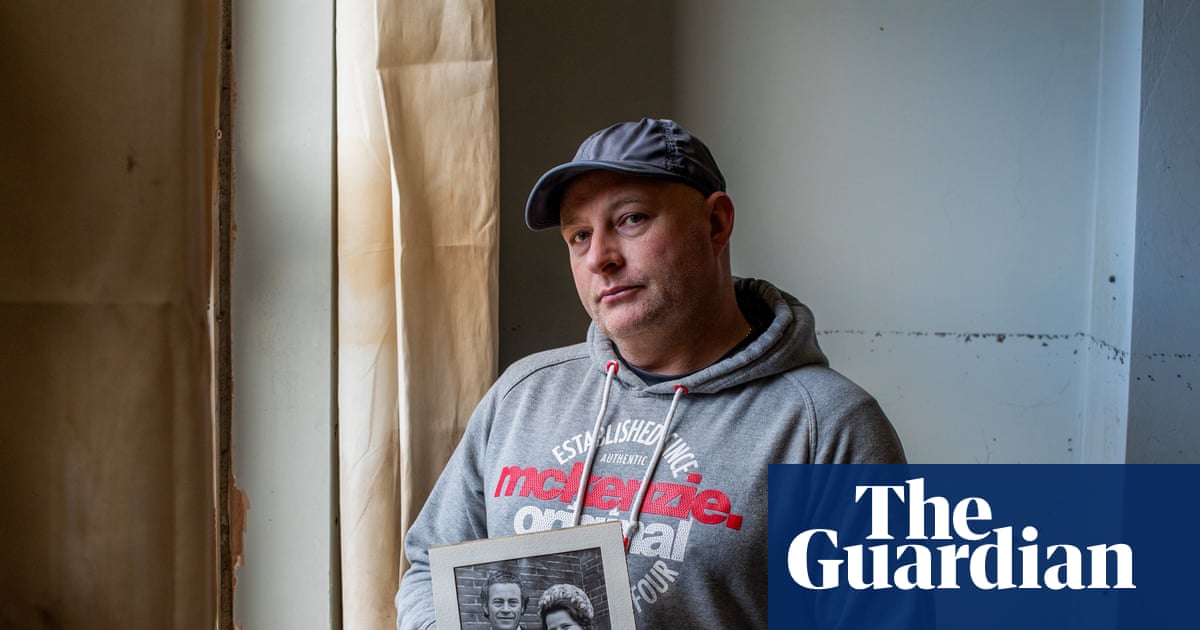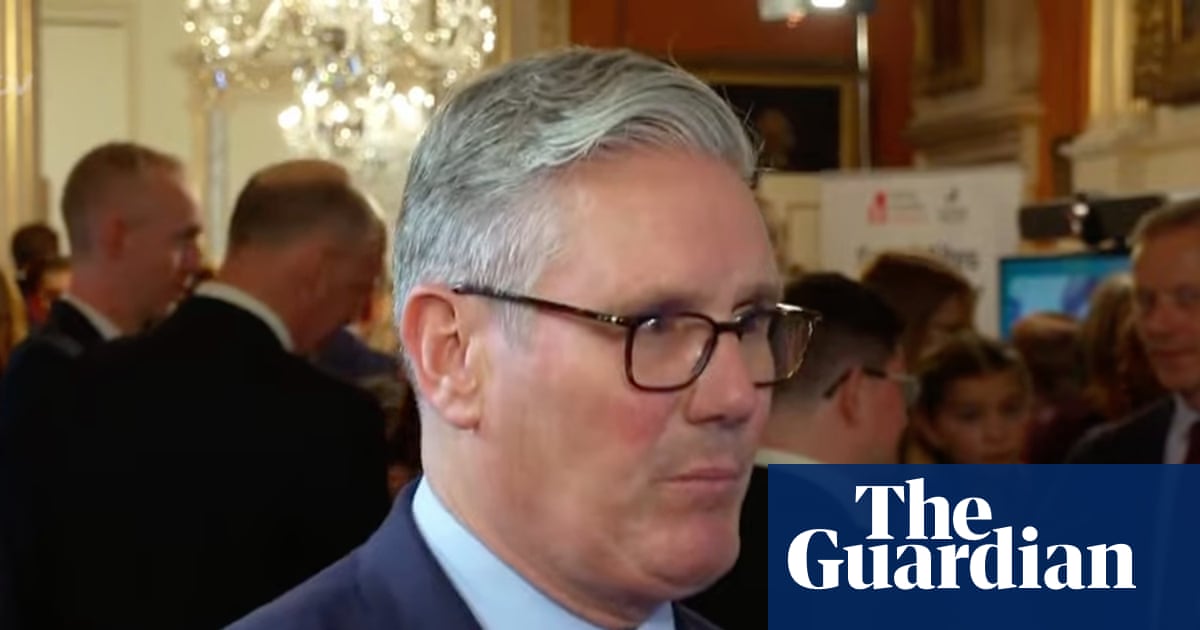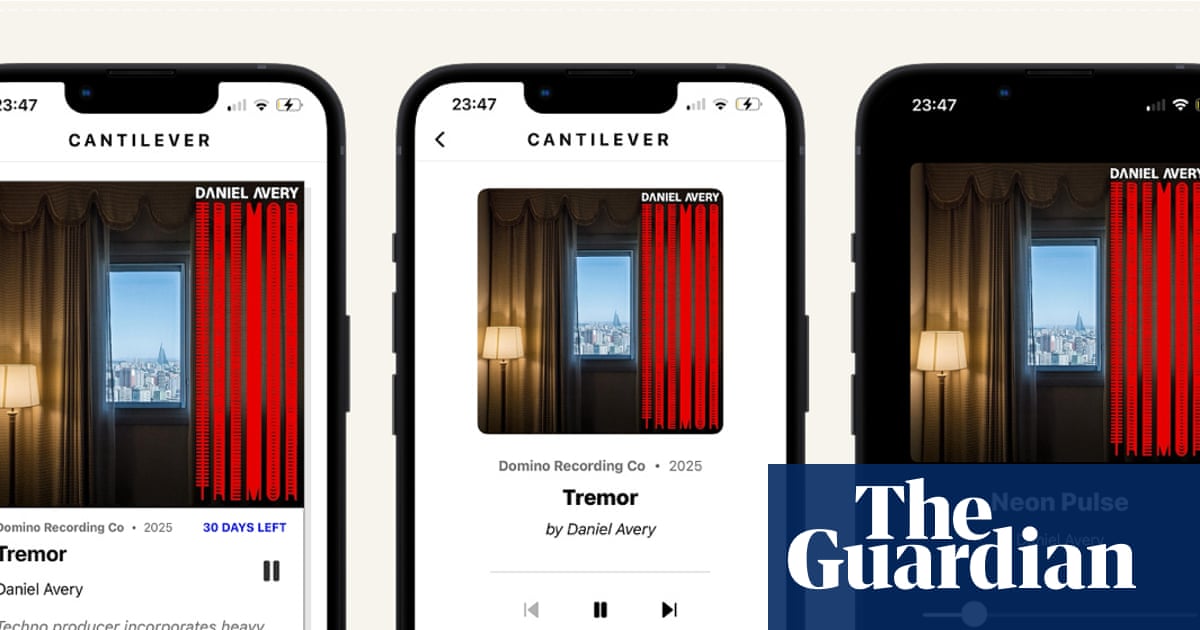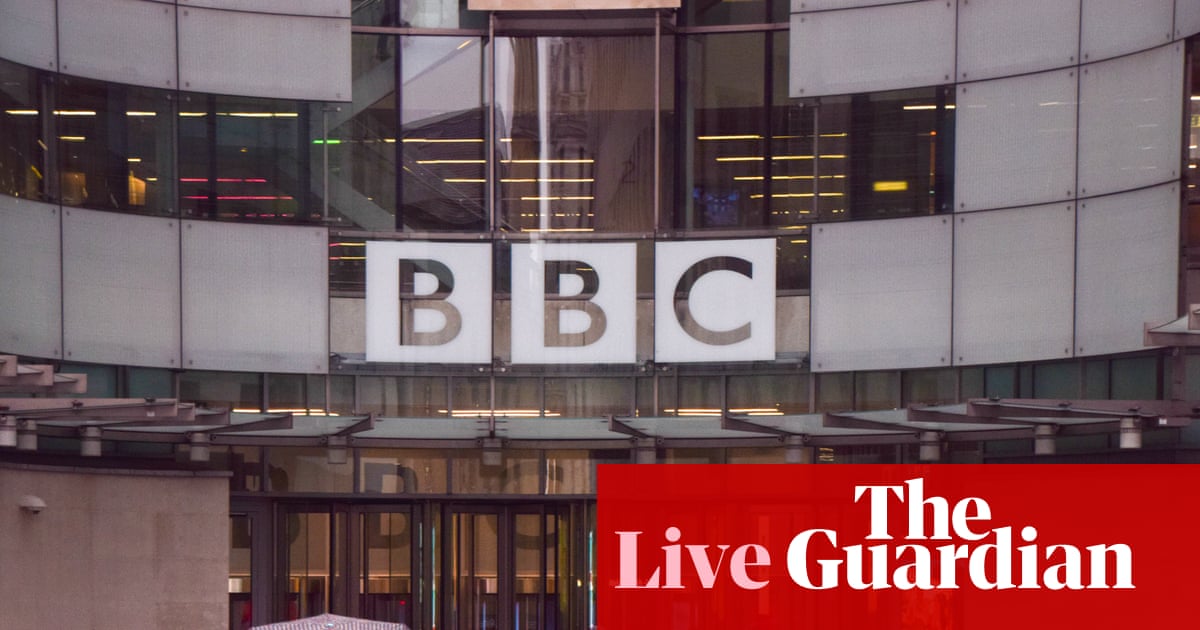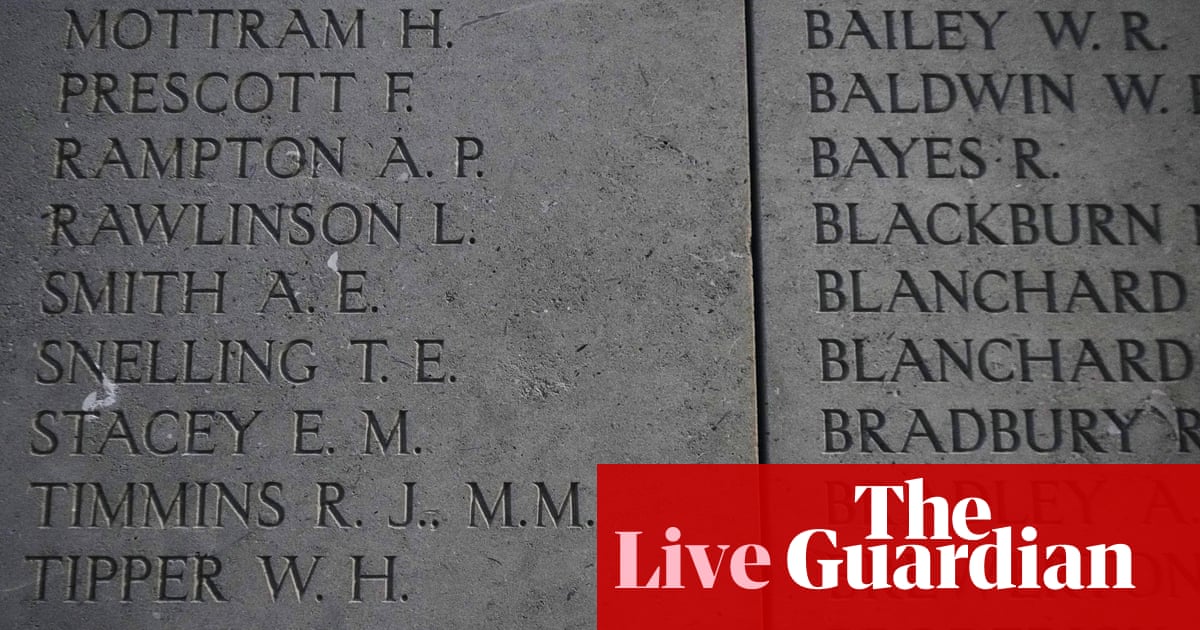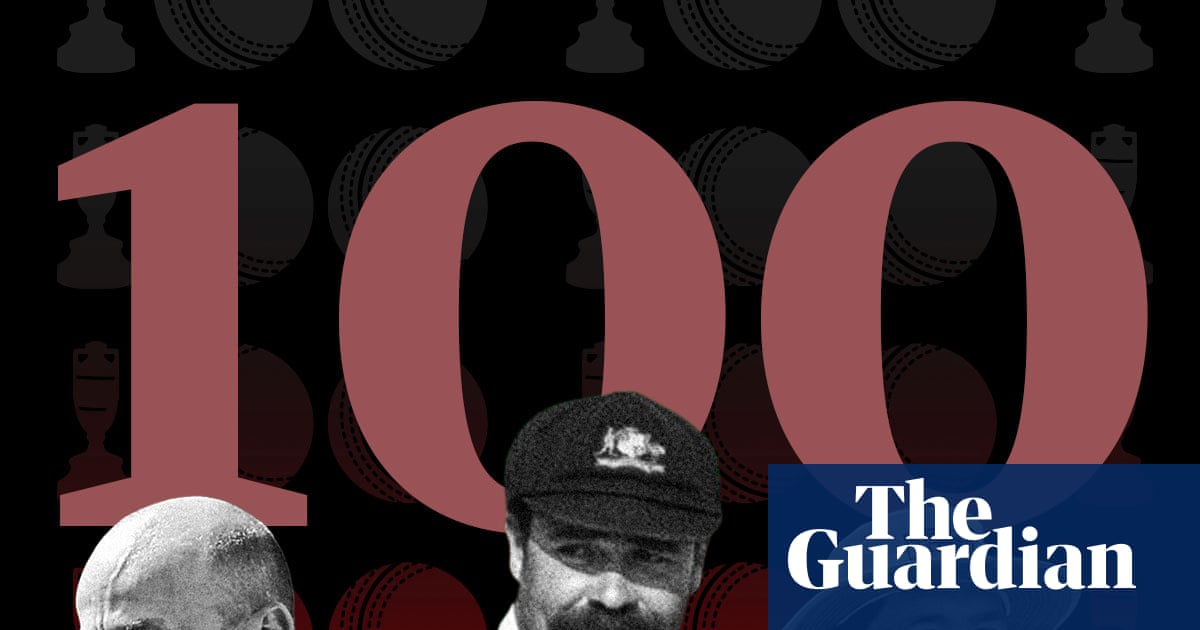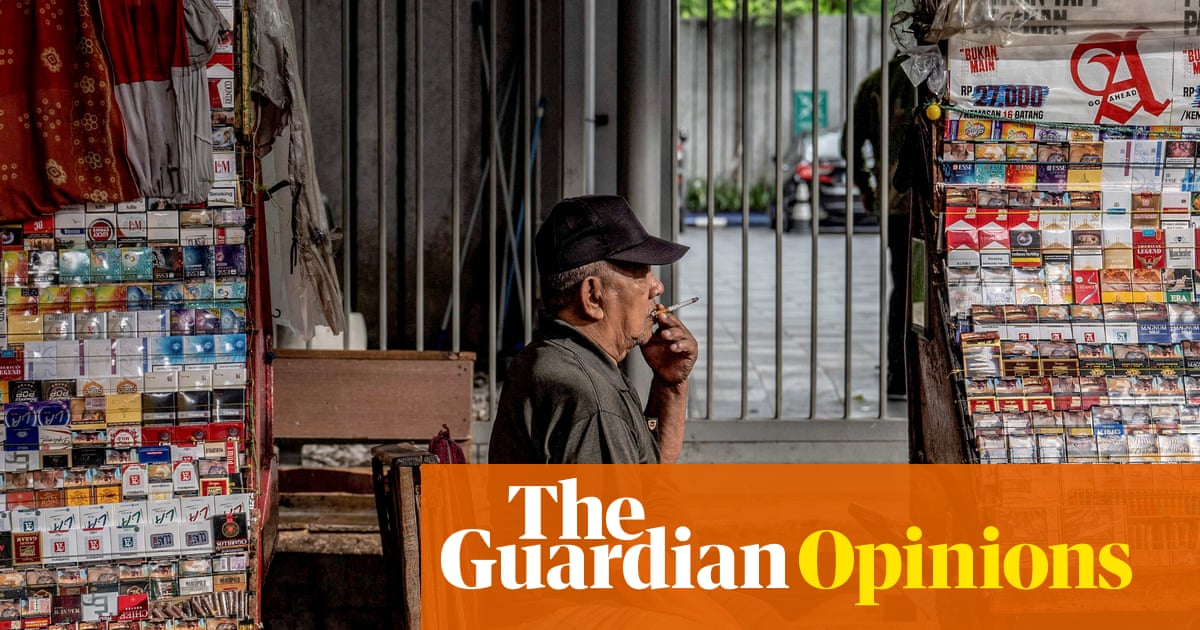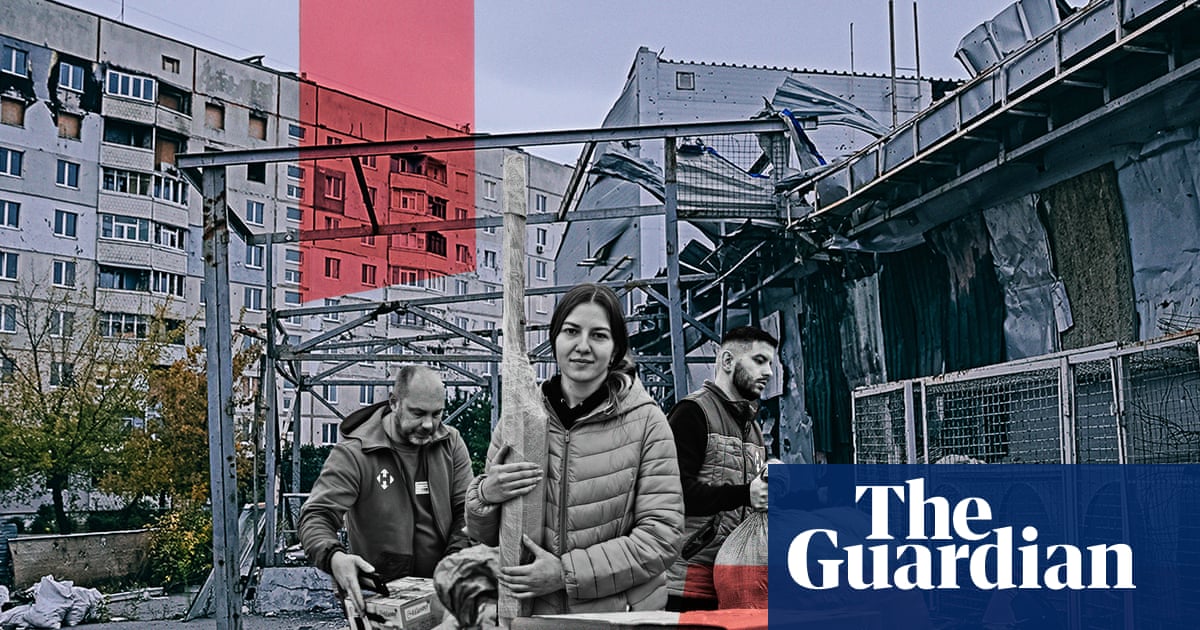At the present moment, for pro-Palestinian campaigners, mention of the hostages and victims of Hamas’s 7 October attacks tends to be greeted with indifference, or even contempt. And yet this powerful and complex documentary, directed by Brandon Kramer (a distant relative of some of the people involved) and co-produced by Darren Aronofsky, is a reminder that the situation now can’t be understood without remembering the Hamas massacre – how it was calculated to provoke a rage-filled reaction that would discredit Israel internationally, what it meant and continues to mean within Israel and how the political and ideological connotations of the hostages have themselves evolved.
At first, the hostages’ images were widely seen as a focus for outrage and a casus belli. Posters put up in cities showing the hostages were ripped down - to the fury of their families. But now the hostages’ images are associated more with anti-Netanyahu, anti-war-at-all-costs sentiment, with the families demanding real negotiating progress in getting them home.
The subject of this film is Liat Beinin Atzili, a teacher, and her artist husband Aviv Atzili who were kidnapped from their kibbutz; Liat was finally to be returned but Aviv murdered. Kramer’s camera captures the heartwrenching agony of Liat’s elderly parents in the US, Yehuda and Chaya, as they wait for news; they are secular-leaning liberals with a “Bernie” bumper sticker on their car. Yehuda is a thoughtful, sensitive man who wishes, even at this moment of agony, to acknowledge the Palestinians’ historical pain, but his grandson Netta, Liat’s son, who escaped capture at the kibbutz, is angrily dismissive of these scruples: “Fuck them, they need to die.”
The family travels to the US to put their case to senators and high-ranking officials, but Yehuda is dismayed to see that they are being used to justify hawkish views that he does not share. These inexpressibly painful family disagreements are laid bare, most jarringly with a tearful argument between Yehuda and Chaya. Holding Liat is a valuable work, not least for showing us that Israel and Netanyahu are not synonymous.

 2 months ago
52
2 months ago
52
